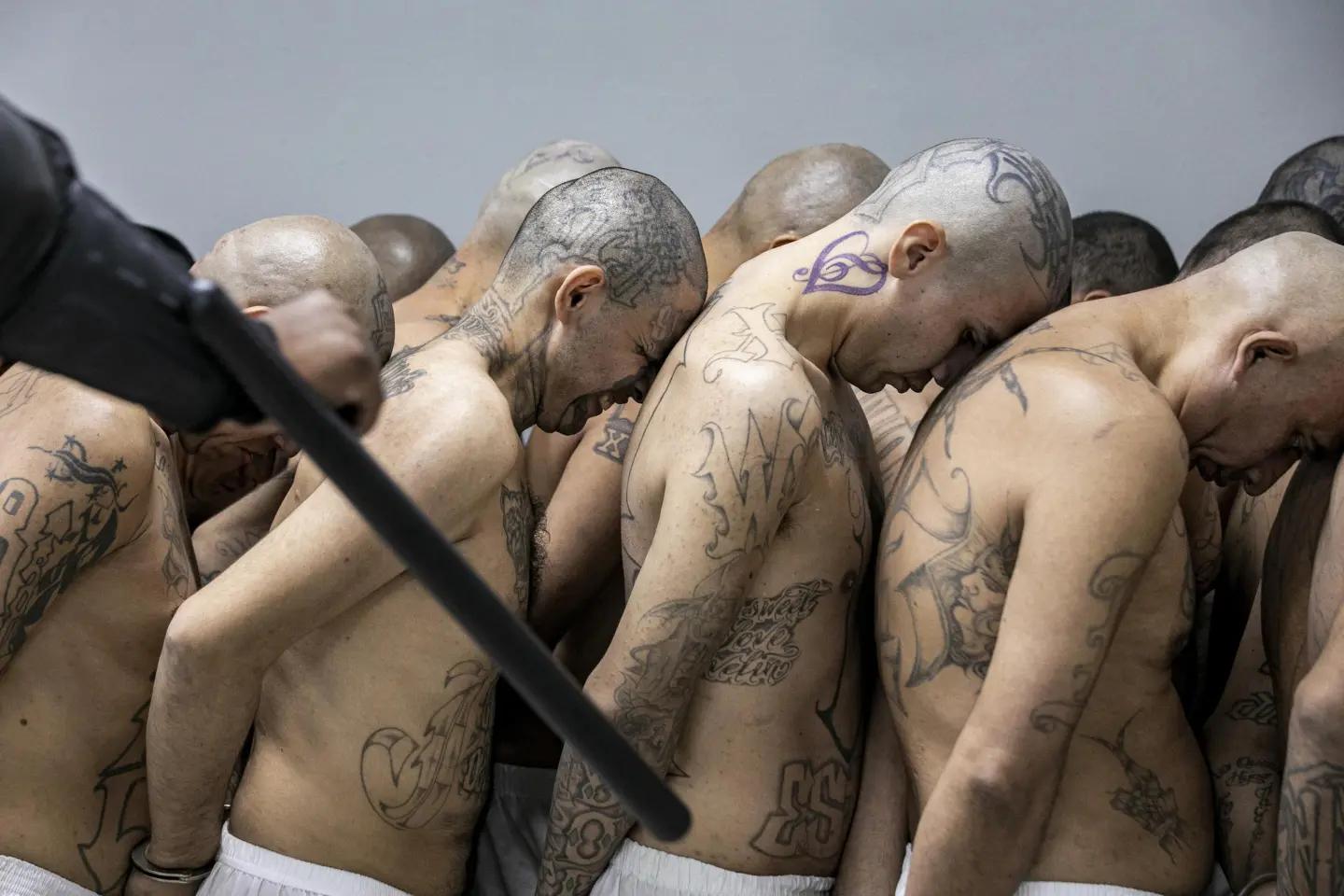SÃO PAULO, BRAZIL – Twenty-one months after President Nayib Bukele of El Salvador declared a “state of exception,” suspending several basic rights such as freedom of speech and assembly as part of a plan to fight criminal gangs, critics of the measure are wondering why only a small part of the country’s still-dominant Catholic Church has pushed back.
Catholics who have been working for the restoration of basic rights, especially for the wrongfully arrested, complain that although Saint Oscar Romero and other martyrs of the Salvadoran Church are continually praised, “Their example is not being followed by most Church members,” one priest who asked to remain anonymous told Crux.
Bukele’s regime has already imprisoned over 73,000 people since March 2022. Human rights activists object that many such detentions are unjustified and involved racial or class profiling.
Court hearings under the “state of exception” often are collective, with hundreds of defendants having their cases judged at the same time and receiving the same sentence.
Dozens of cases of torture and inhumane treatment in jail have been reported by nongovernmental organizations. Almost 200 inmates have reportedly lost their lives in penal facilities during the state of exception, including not receiving medicines for chronic illnesses.
Important Catholic voices have been heard lately criticizing Bukele’s regime.
On November 11, Jesuit Father Andreu Oliva, president of the Central American University (known by the acronym UCA), delivered a harsh speech during a celebration in honor of six Jesuit martyrs whose lives were taken 34 years ago.
“I would say to our authorities, to the police and soldiers: ‘It is very good that you want to ensure the security of your people, that is your duty, but act fairly, respect the law and do not take innocent people as prisoners without proof that they have committed a crime, do not make false reports, do not act with violence or mistreat your own people’,” Oliva said.
In October, Cardinal Gregorio Rosa Chávez said in an interview with Vatican News that Bukele’s state of exception has brought fear to Salvadorans.
“Many people in my country are victims of fear. This is natural, given that there is no one to defend us from arbitrary measures perpetrated by state agents,” he said.
Rosa Chávez also said the regime doesn’t allow people to freely express their ideas and to have the right to a just trial and due process. He added that such a system is contrary to the Church’s views.
It was not the first time that Rosa Chávez addressed the problem. Even so, for many Catholic activists, it’s not enough.
“He talked about the state of exception at least on three occasions. Another two bishops have also manifested their criticism. But those are only personal stances. There isn’t a clear position of the episcopate concerning that situation,” said José Salvador, a Catholic community leader in the region of Bajo Lempa.
Salvador’s group has documented 134 cases of illegal detention in its region alone. Only 16 of them have been reassessed and the people involved freed.
“The state of exception is supported by most people in El Salvador, including Church people. People don’t see gang members on the streets anymore, so they think the problem is over,” Salvador said.
In Salvador’s opinion, Rosa Chávez’s words seem to be “a form of criticizing a Church that is not accompanying the people in their territories and is not working to defend them.”
Father Juan Vicente Chopin, a theologian and a prominent member of the Salvadoran Church, believes that some of the bishops “fear the potential reactions if they express critical views of the government.”
A considerable share may actually agree with Bukele’s measures, Chopin said.
“One would expect the bishops to demand respect for the legislation, and that the detainees be sued according to it,” he told Crux.
Like José Salvador, Chopin emphasized the discrepancy between the “prophetic voice of the Salvadoran Church martyrs of decades ago and the current apathy of Catholics.”
“Saint [Oscar] Romero is a reference for everybody. The problem is that few people would demonstrate the same kind of coherence he had,” Chopin said.
Bukele registered at the end of October to run for another term in February 2024, something that the constitution forbids. El Salvador’s electoral court ended up considering his candidacy legal.
“The last time something like that happened was in 1935, when Maximiliano Hernández Martínez violated the constitution and ran for reelection with the excuse that he had to protect the country from communists,” Chopin said, warning that Bukele may exploit his war on gangs in the same way to justify maintaining his grip on power.
Chopin described the crackdown as a publicity stunt, given that gang members have been arressted in massive numbers and yet somehow, he said, they keep controlling El Salvador.
“People fear the moment when they will come out from prison. Nothing has really changed in the nation’s structure, so everything will happen again,” Chopin argued.
An enduring economic crisis and widespread poverty will inevitably lead to another social explosion, he said.
Spanish-born Father José María Tojeira, a Jesuit and formerly UCA’s president, told Crux that overcrowding in the penal system is gigantic at this point, according to people who have left prison.
“But Church people who visit prisons cannot criticize them too much, otherwise they will not be allowed to continue accompanying the prisoners,” Tojeira affirmed.
He said that the idea of controlling the big gangs is positive, but “people cannot be classified as criminals due to the district where they live and they can’t be charged with the same accusations.”
“Arresting a lot of people without dealing with themes such as inequality and poverty will not solve any problem. Sooner or later it will happen again,” he declared.
Tojeira thinks that the right way to fight crime in El Salvador is to raise the police forces’ salaries and to invest in more investigation.
“Without those measures, there is no real war on gangs,” he said.














